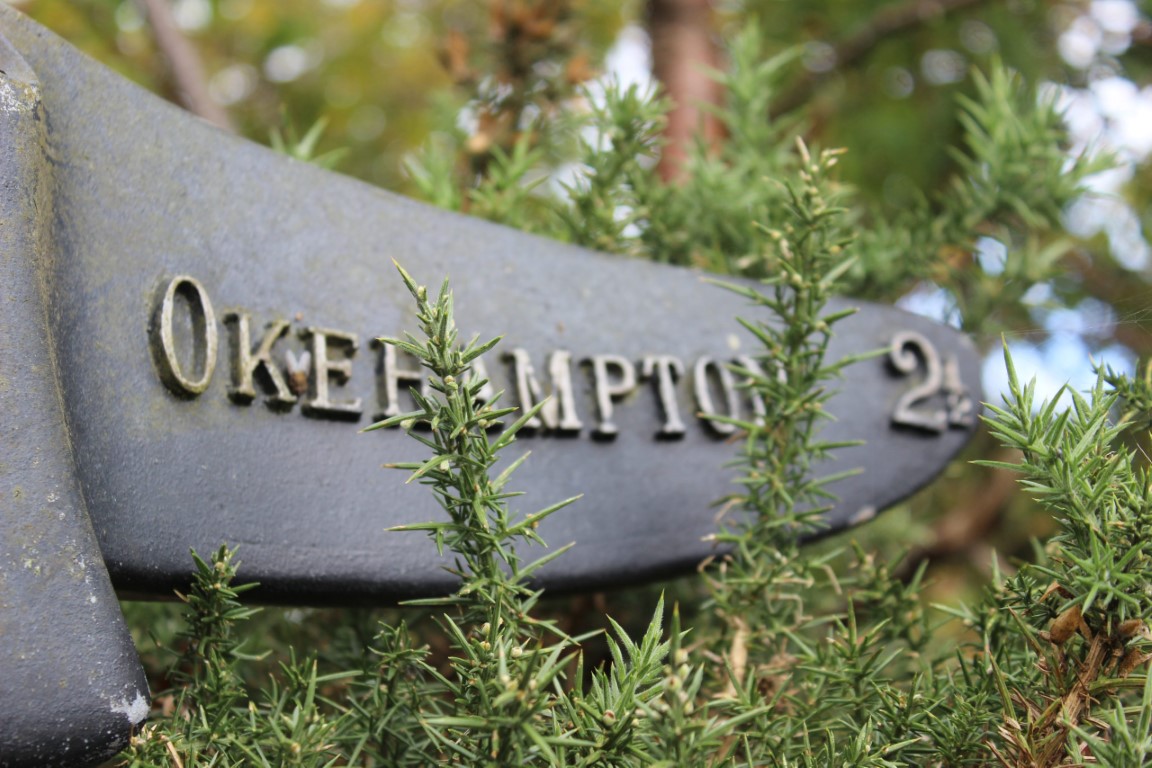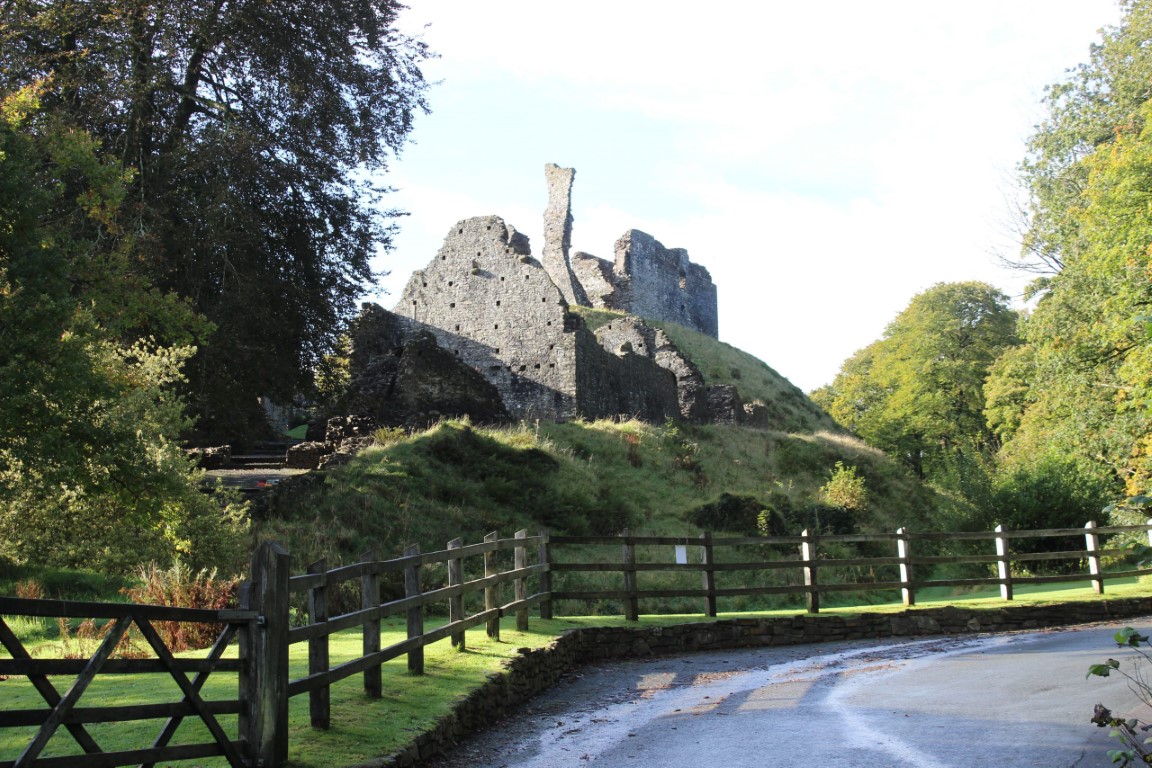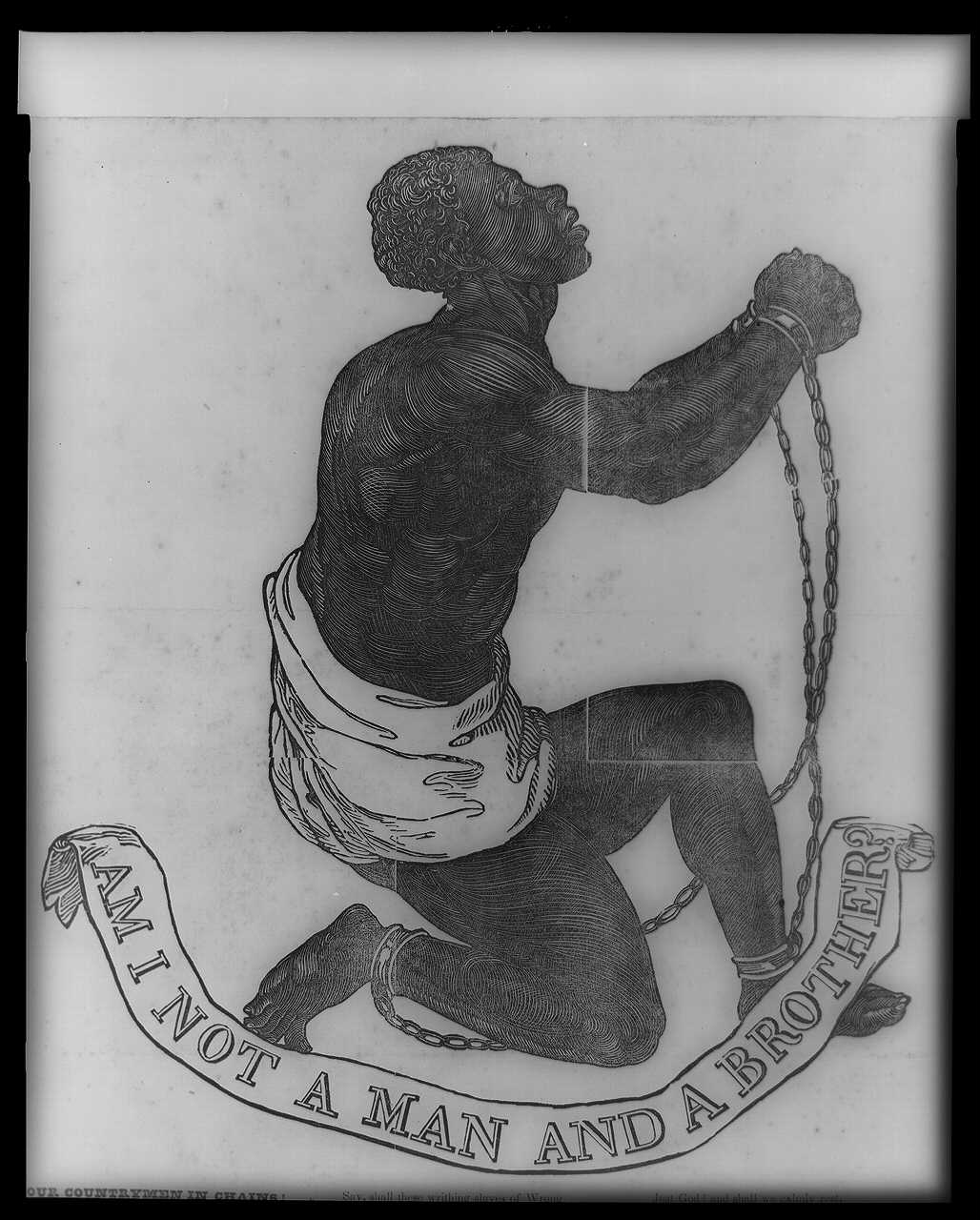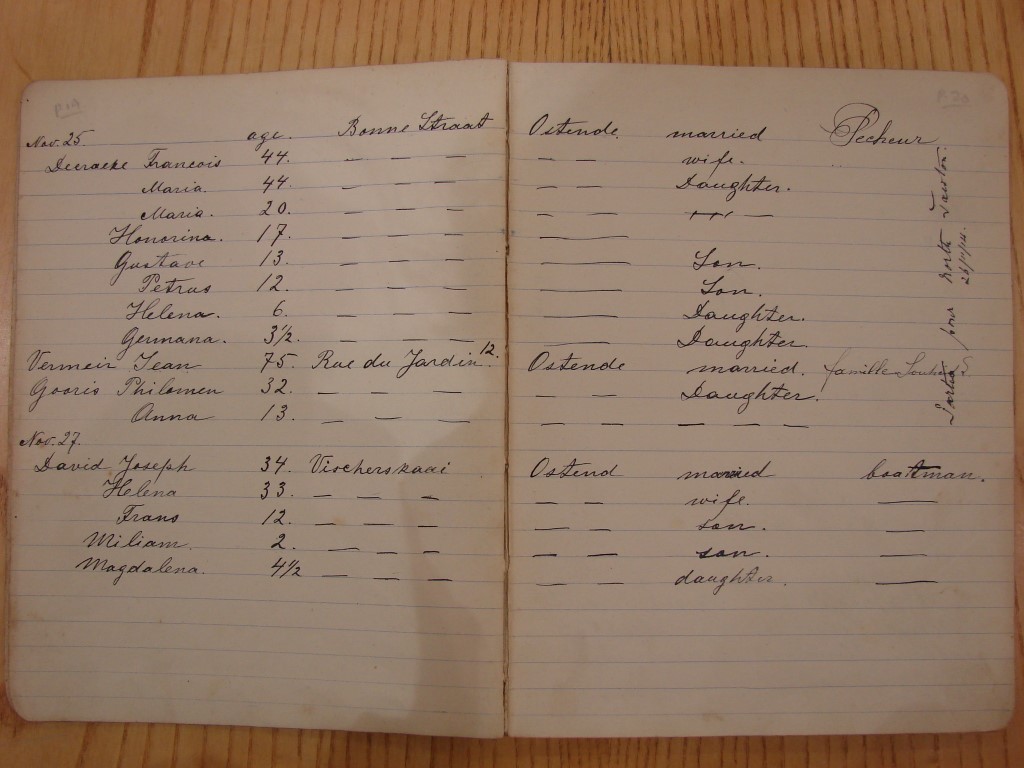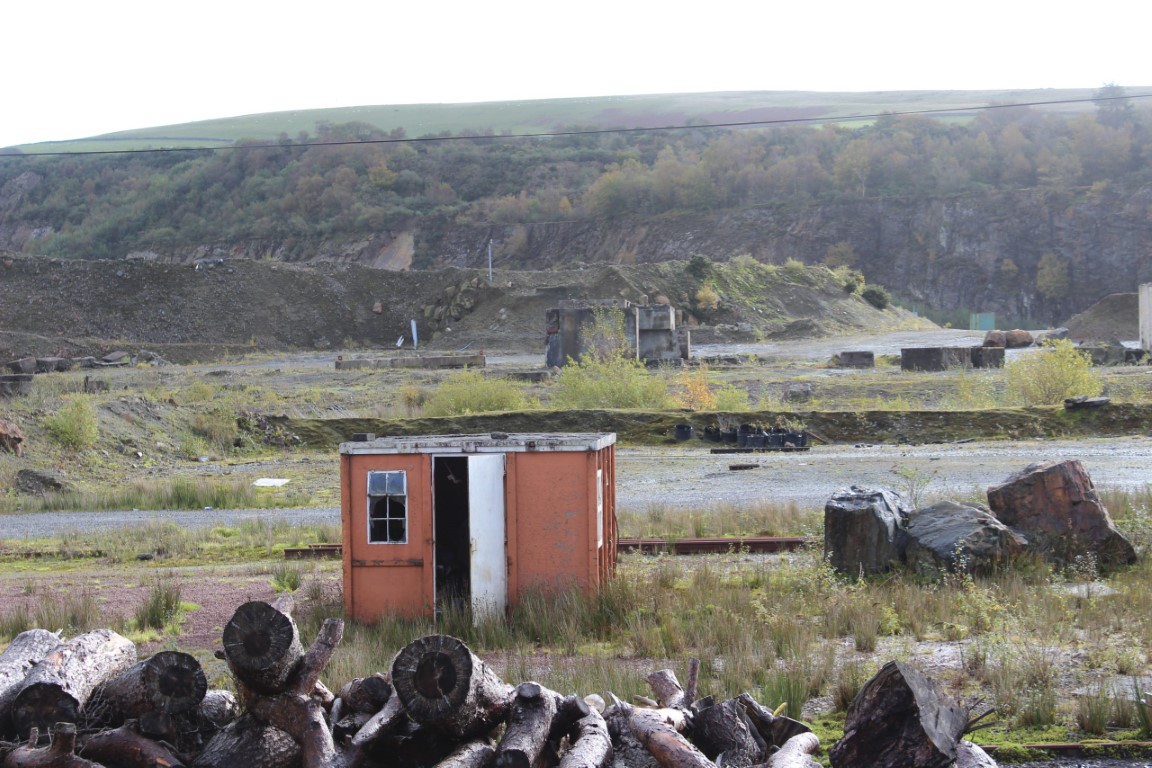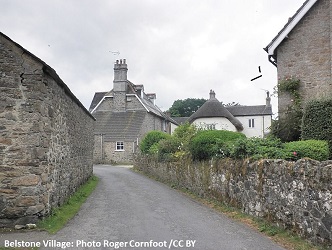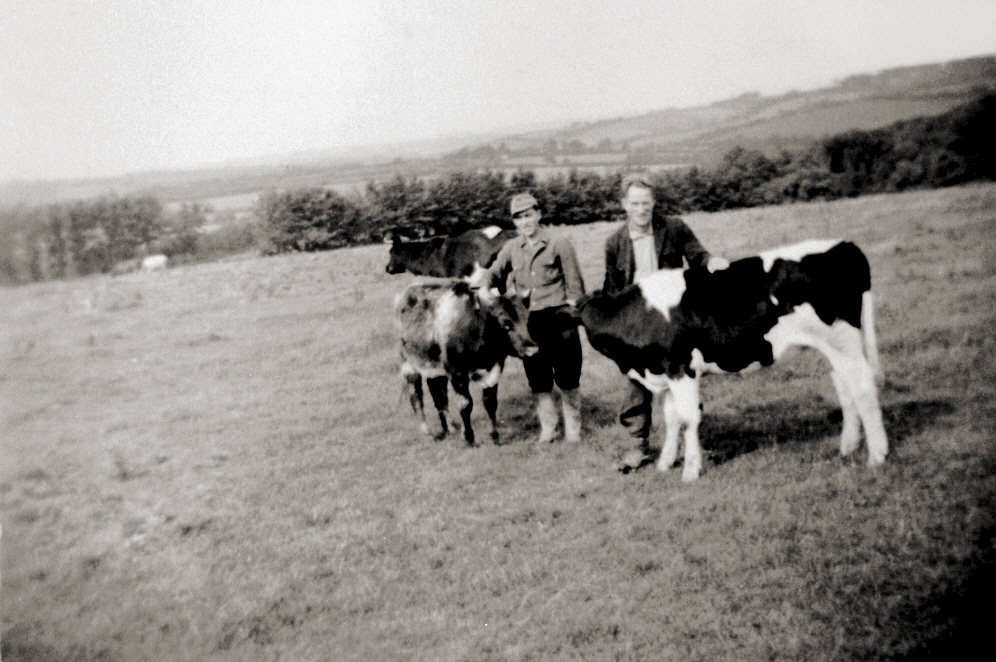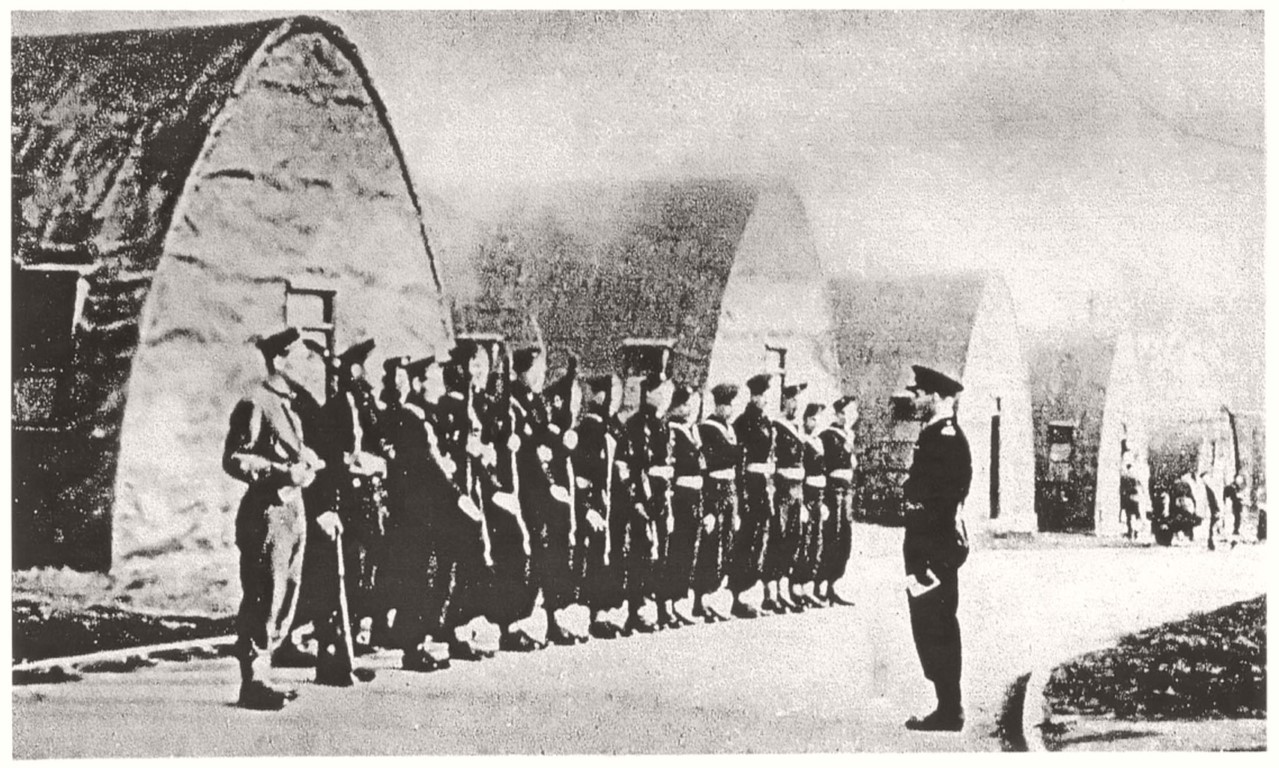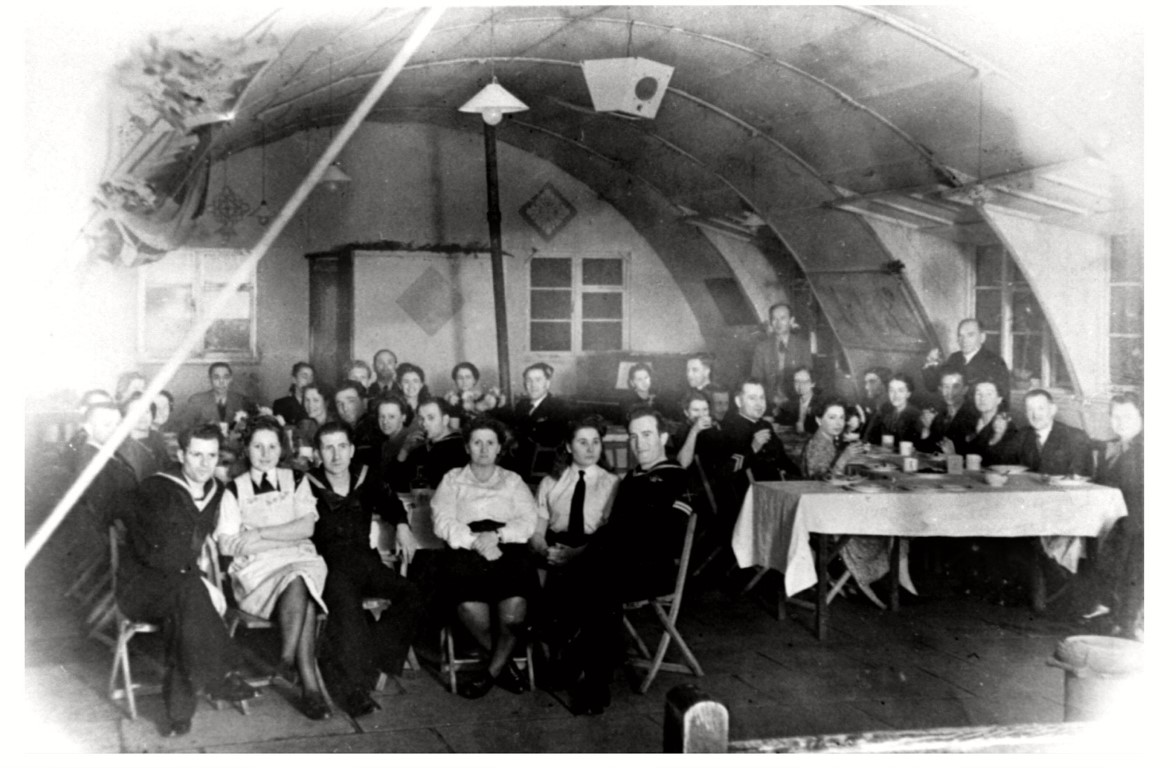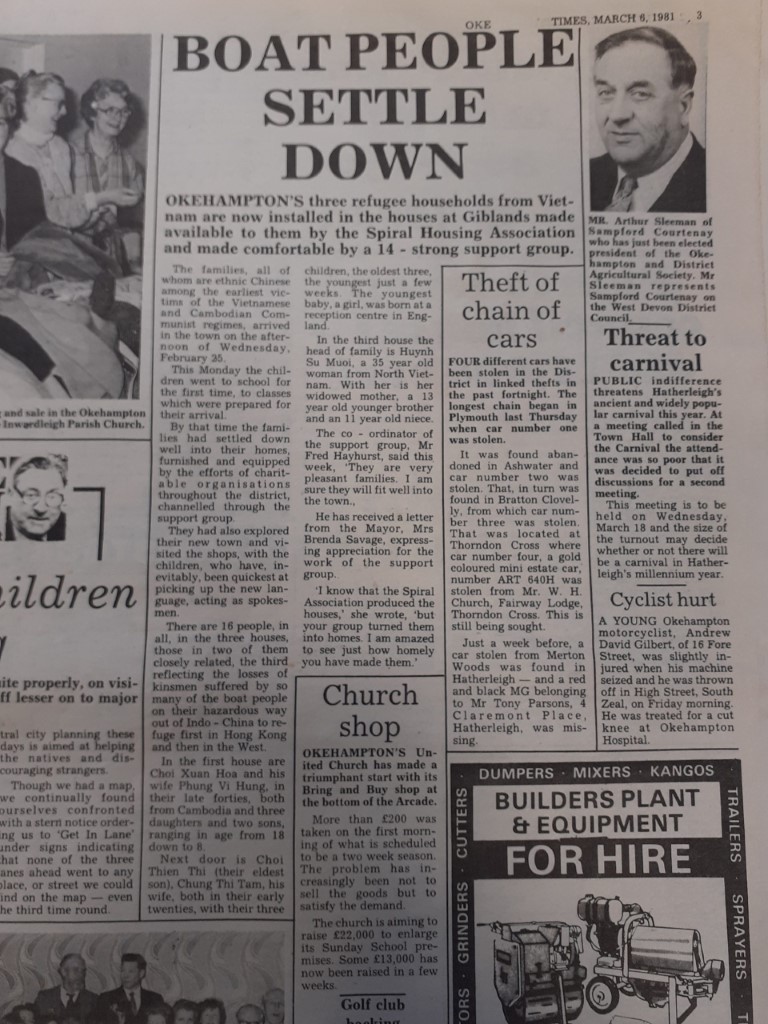Okehampton is an agricultural market town on Dartmoor. It is rural – but it is certainly not isolated from the rest of the world.
In the 1990s, a ‘cist’ (a prehistoric burial box) was discovered at White Horse Hill, a North Dartmoor site in the vicinity of the town. A later archaeological dig revealed the cremated remains of a young adult female. Amongst the grave goods in the cist were Baltic amber beads. This was an important discovery, which suggests that Dartmoor has always been connected to the wider world – even 4000 years ago.
Explore the timeline below to learn more about the town’s multicultural heritage.

